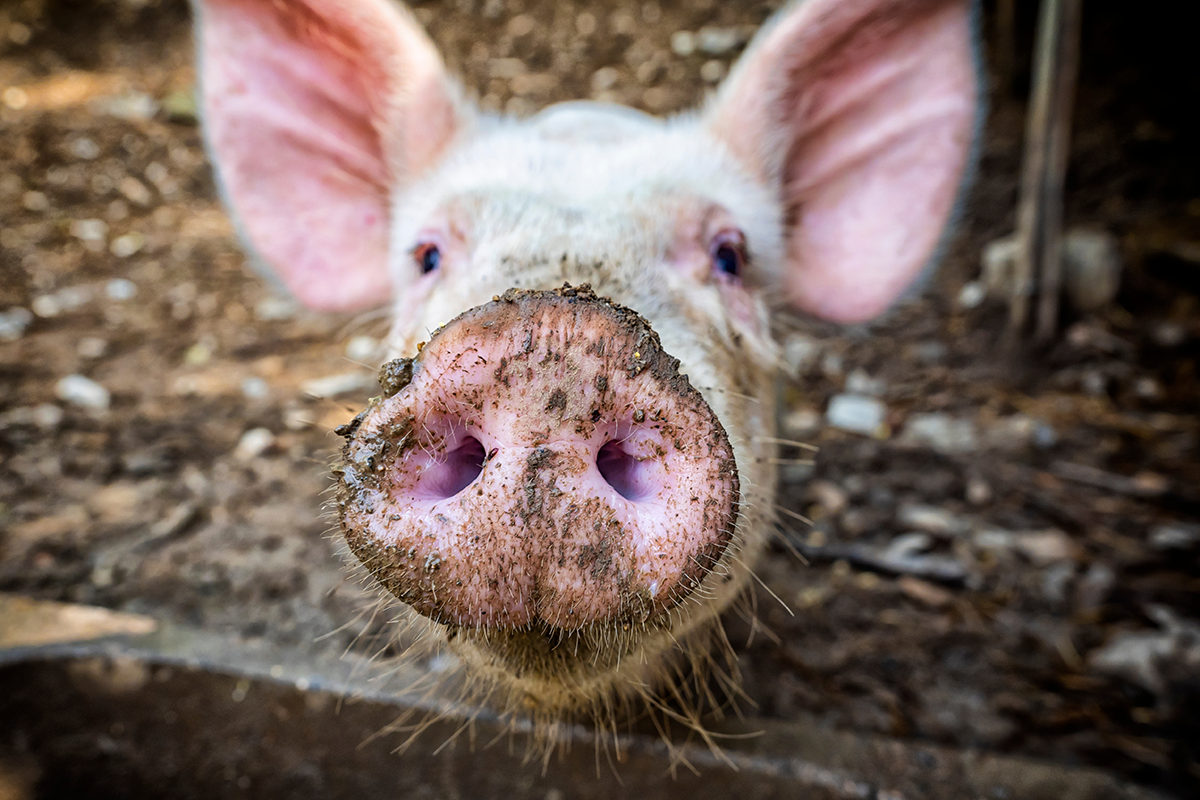What Are Sustainable Farming Incentives (SFIs)?
SFI is the first of three new environmental land management schemes being introduced under the government’s Agricultural Transition Plan. The other two schemes are Local Nature Recovery and Landscape Recovery.

SFI aims to help farmers manage land in a way that improves food production and is more environmentally sustainable. Farmers will be paid to provide public goods, such as improved water quality, biodiversity, climate change mitigation, animal health and welfare.
Importantly, as announced this June, farms can also enter the same area of land into both an SFI standards agreement and a private sector scheme such as Habitat Banking. Kerriann Mclackland, Environment Bank’s Head of Land, South comments: “We welcome the opportunities for landowners to make the most of concurrent SFI funding in line with other schemes which are also nature-focused such as Habitat Banking, particularly under the Improved Grassland & Moorland option”.
The SFI scheme is intended to ensure long-term food security, by investing in the foundations of food production: healthy soil, water, and biodiverse ecosystems. Agreements will last for three years with quarterly payments.
SFI payments
|
Standard |
Level |
Payment |
|
Arable and horticultural soils |
Introductory |
£22 per hectare |
|
|
Intermediate |
£40 per hectare |
|
Improved grassland soils |
Introductory |
£28 per hectare |
|
|
Intermediate |
£58 per hectare |
|
Moorland |
Introductory |
£10.30 per hectare |
|
|
Additional payment |
£265 per agreement |
For more information on how SFI and other schemes can integrate with Habitat Banking and biodiversity schemes, please get in touch with our team.
